Irvin Dawid discovered Planetizen when a classmate in an urban planning lab at San Jose State University shared it with him in 2003. When he left San Jose State that year, he took with him an interest in Planetizen, if not the master's degree in urban & regional planning.
As a long-time environmental activist, he formed the Sustainable Land Use committee for his local Sierra Club chapter and served six years on the Bay Area Air Quality Management District’s Advisory Council from 2002-2008. He maintains his interest in air quality by representing Sierra Club California on the Clean Air Dialogue, a working group of the Calif. Environmental Dialog representing business, regulatory and public health/environmental interests.
Major interests include transportation funding, e.g., gas taxes, vehicle miles traveled (VMT) fees, road tolls and energy subsidies that lead to unlevel playing fields for more sustainable choices.
He hails from Queens (Bayside) and Long Island (Great Neck); received an AAS in Fisheries & Wildlife Technology from SUNY Cobleskill and a B.S. from what is now Excelsior College.
After residing for three years on California’s North Coast, he’s lived on the San Francisco Peninsula since 1983, including 24 years in Palo Alto. Home is now near downtown Burlingame, a short bike-ride to the Caltrain station.
He’s been car-free since driving his 1972 Dodge Tradesman maxi-van, his means to exit Long Island in 1979, to the junkyard in 1988.
Major forms of transportation: A 1991 'citybike' and monthly Caltrain pass, zone 2-2. "It's no LIRR, but it may be the most bike friendly train in America."
Irvin can be reached at [email protected]
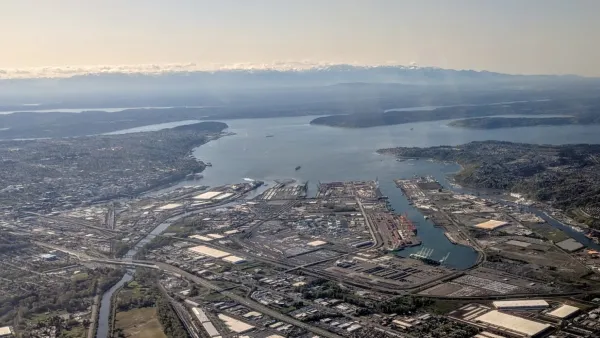
Election 2019: Devastating Transportation Funding Loss in Pacific Northwest
Washington voters' approval of Initiative 976, which put a limit on car tab increases as well as repealing many motor vehicle fees, will have far-reaching consequences for funding road maintenance, transit, and bike and pedestrian projects.
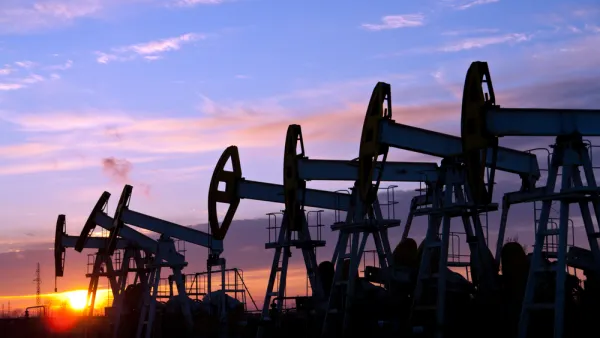
Just What the Planet Needs: More Oil Production
A surge of oil from four countries—Norway, Guyana, Canada and Brazil—will more than compensate for slowing growth of U.S. oil production. The new sources might cause oil prices to dip to $50 a barrel and slow the transition to electric vehicles.
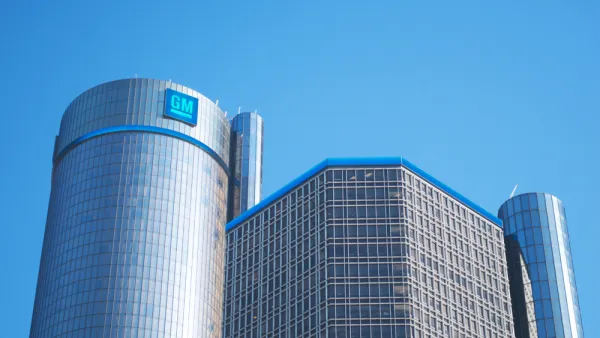
GM, Toyota, and Fiat Chrysler Back Trump on Weaker Auto Emissions Rule
The auto industry is divided on whether to back stronger emissions standard adopted by California and 13 other states. Three major automakers and three auto industry groups sided with Trump on Monday in a court battle over 'one national standard.'
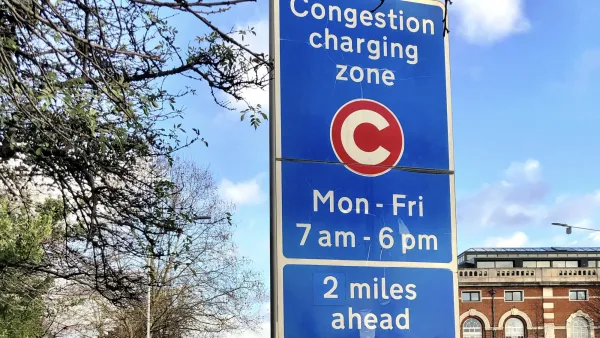
Report from London: Pollution Pricing Reduces Tailpipe Emissions
A new report shows that London's new emission fee, an additional driver charge that became operational 24/7 in April for all motor vehicles not meeting Euro standards that enter the congestion charge zone, has cut nitrogen oxide emissions by 31%.
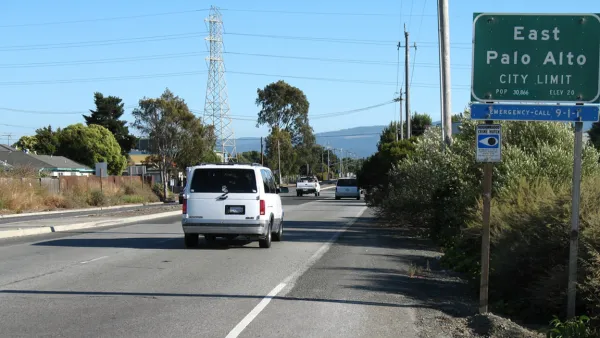
Another Bay Area City Considers Urban Tolling
East Palo Alto has long suffered the toll that transbay traffic has imposed on this gateway to Silicon Valley from the East Bay in the form of air pollution and traffic congestion. Now the city is considering tolling the traffic.

























